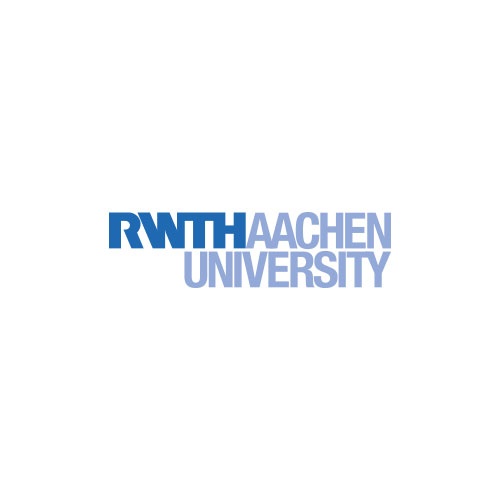RWTH AI Week 2023: Leading Experts Gather in the Digital Church to Explore Artificial Intelligence
Of course, with AI it quickly becomes about the risks, about loss of control, possible danger to the job and other fears. It is the task of the experts to provide information about these risks and thus reduce fears. The security and reliability of AI systems played a major role in the discussion – not least it is a focus of the work of Humboldt Professor Holger Hoos, who researches and teaches AI systems at RWTH, including non-experts to make accessible. An expert in the field of AI and ethics, Aimee van Wynsberghe from the University of Bonn, was also on the podium. But, and that was the more important topic that evening, the great opportunities of AI were in the foreground. It will play a crucial role in all important fields of the future – in climate protection as well as in medicine, mobility and a sustainable lifestyle. The question “What can our society gain from AI” moved the many visitors at least as much as the risks. The guests also asked whether the gap compared to the USA or China in terms of AI know-how can still be made up. “Yes,” say the experts, but: “It will be a feat of strength.” A feat of strength that will cost a lot of money. Among other things, new, powerful computing capacities must be built. The guests asked whether the gap compared to the USA or China in terms of AI know-how can still be made up. “Yes,” say the experts, but: “It will be a feat of strength.” A feat of strength that will cost a lot of money. Among other things, new, powerful computing capacities must be built. The guests asked whether the gap compared to the USA or China in terms of AI know-how can still be made up. “Yes,” say the experts, but: “It will be a feat of strength.” A feat of strength that will cost a lot of money. Among other things, new, powerful computing capacities must be built.
In “Poster Sessions,” the Digital Church was also a stage for young AI researchers who presented their projects and discussed them with visitors. Mansi Sharma from the German Research Center for AI in Saarbrücken impressed people with a mind-reading machine – AI that recognizes an intention, be it which bar of chocolate you are looking for on the supermarket shelf or where you misplaced the wrench in the workshop. It can be frustrating not to find what you are looking for – the promise is that AI could help there one day.

